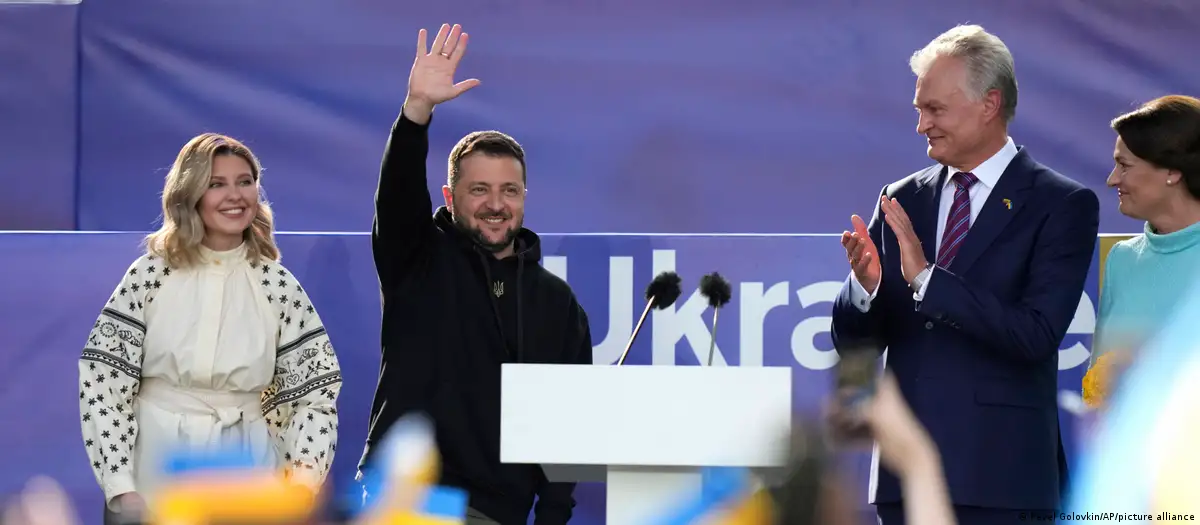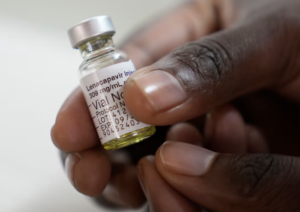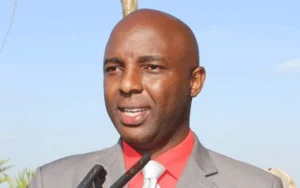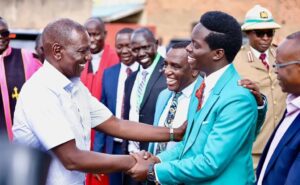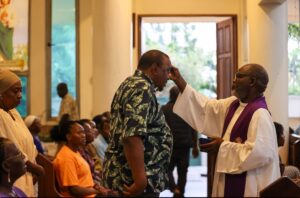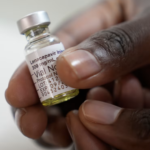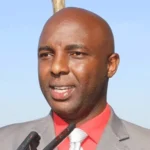In a two-day summit held in Vilnius, Lithuania, NATO leaders have reiterated their commitment to Ukraine’s future membership in the alliance.
However, the absence of a concrete timeline or specific conditions for membership has left Ukrainian President Volodymyr Zelenskyy disappointed, sparking a debate among NATO allies.
The summit communique issued on Tuesday declared that “Ukraine’s future is in NATO.” NATO Secretary General Jens Stoltenberg hailed the statement, emphasizing that the language used in the communique was the strongest ever employed in support of Ukraine’s membership aspirations. However, President Zelenskyy expressed dissatisfaction with the lack of a timeframe for membership, describing the situation as “absurd.”
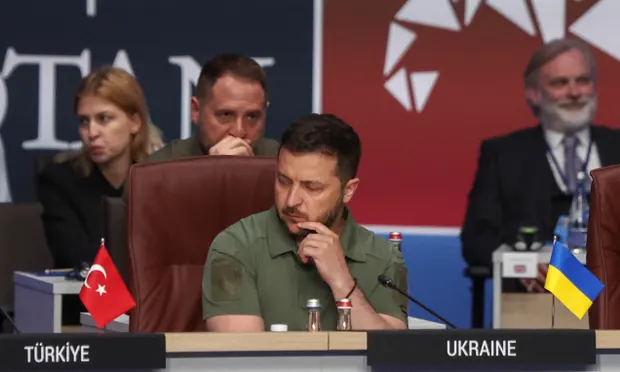
Addressing a crowd of enthusiastic Ukraine supporters alongside Lithuanian President Gitanas Nauseda, President Zelenskyy conveyed his disappointment.
“Every soldier, every citizen, every mother, every child… wants certainty from NATO. Is that too much to wish for?” Zelenskyy questioned, calling for a clear and decisive commitment.
Olexander Scherba, a representative from Kyiv’s Foreign Ministry, echoed Zelenskyy’s sentiments, stating that NATO’s position on Ukraine’s membership had been “one big lie” in recent years. Scherba argued that Ukraine was already fulfilling NATO’s role by defending Europe and combating ongoing conflicts.
German Defense Minister Boris Pistorius acknowledged Ukraine’s frustration, expressing sympathy for their impatience given the current circumstances. Pistorius assured that Ukraine would become a NATO member once the necessary preconditions were met, emphasizing that such clarity had not existed before.
Lithuanian President Gitanas Nauseda, who has been a staunch supporter of Ukraine, praised their efforts and sacrifice, stating, “Ukraine is buying us time with their blood, so we can prepare and give a strong response to Russia.” Lithuania, having experienced annexation and subsequent independence, empathizes with Ukraine’s plight.
Despite the general sentiment of support, NATO’s policy prohibits accepting countries involved in ongoing conflicts, which effectively stalls Ukraine’s membership until the situation with Russia is resolved. In addition, Ukraine must address corruption issues and modernize its armed forces to fulfill the remaining conditions.
The summit also witnessed a significant shift in Turkey’s position as it dropped its opposition to Sweden’s accession to NATO. Turkish President Recep Tayyip Erdogan’s change of heart was met with gratitude from US President Joe Biden, who commended Erdogan’s courage and diplomatic efforts. The breakthrough was tied to increased security cooperation, trade, and investment between the two countries.
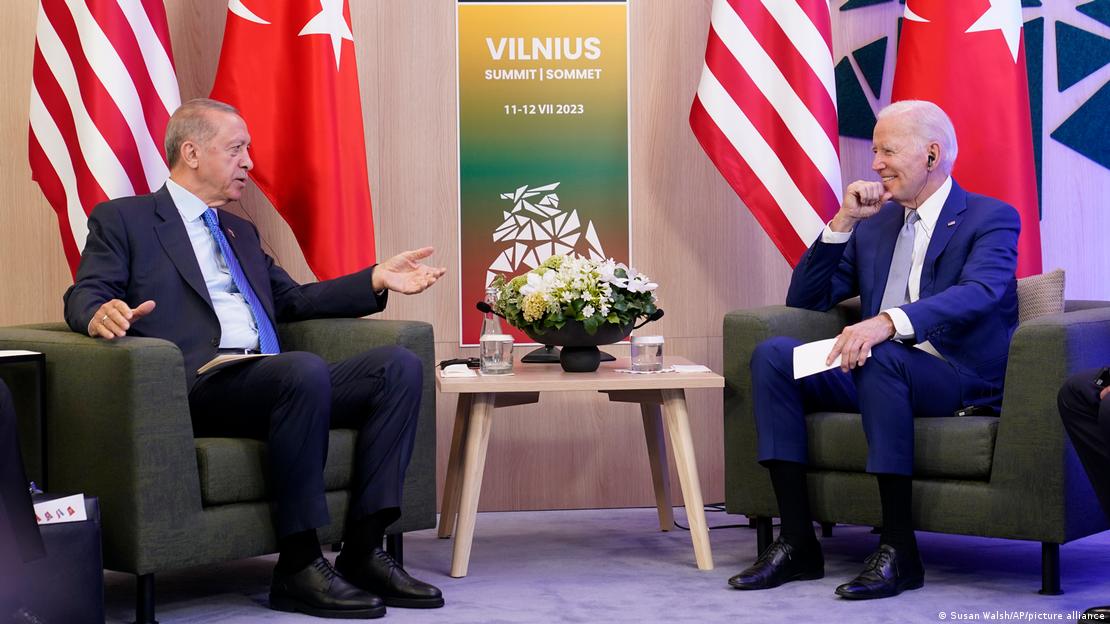
The European Union’s only other holdout, Hungary, indicated that acceptance of Sweden’s membership bid was now considered a “technical matter.”
During the summit, NATO leaders also emphasized the need for member countries to allocate a minimum of 2% of GDP to defense spending, making it a baseline requirement rather than a target.
Looking ahead, the newly-formed NATO-Ukraine Council will convene for the first time to enhance coordination between Kyiv and alliance members.
We are returning home with a good result for our country, and very importantly, for our warriors. A good reinforcement with weapons.
— Volodymyr Zelenskyy / Володимир Зеленський (@ZelenskyyUa) July 12, 2023
It is very important: for the first time since independence, we have formed a security foundation for Ukraine on its way to NATO. These are… pic.twitter.com/zA0hvg7sIi
While Ukraine has garnered significant support in terms of military aid and pledges from countries like Germany and France, the lack of a concrete timeline for NATO membership remains a point of contention. As Zelenskyy recalibrates his position, striving for a formal invitation to join NATO, the debate surrounding Ukraine’s future membership continues to unfold.
Read also: Ukrainian Cities Targeted by Russian Drones Ahead of NATO Summit
In the words of President Zelenskyy, “Ukraine highly appreciates the support received from its allies, but we hope for a signal from NATO that their commitment is unwavering.”
Subscribe to Switch TV


